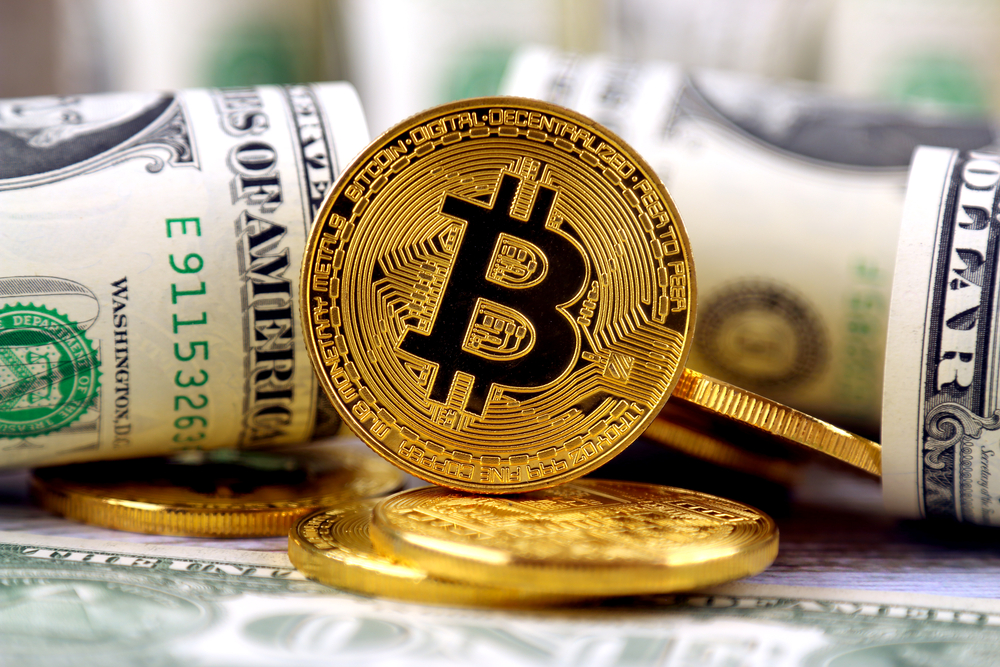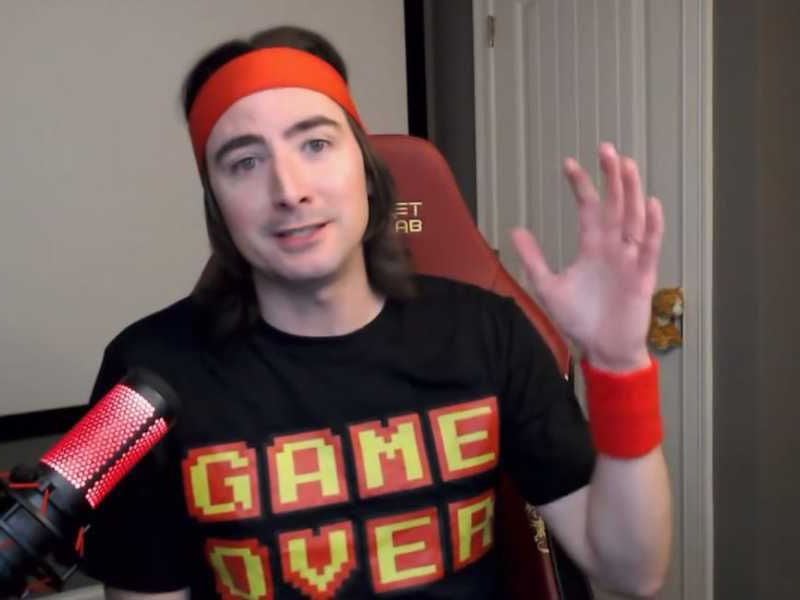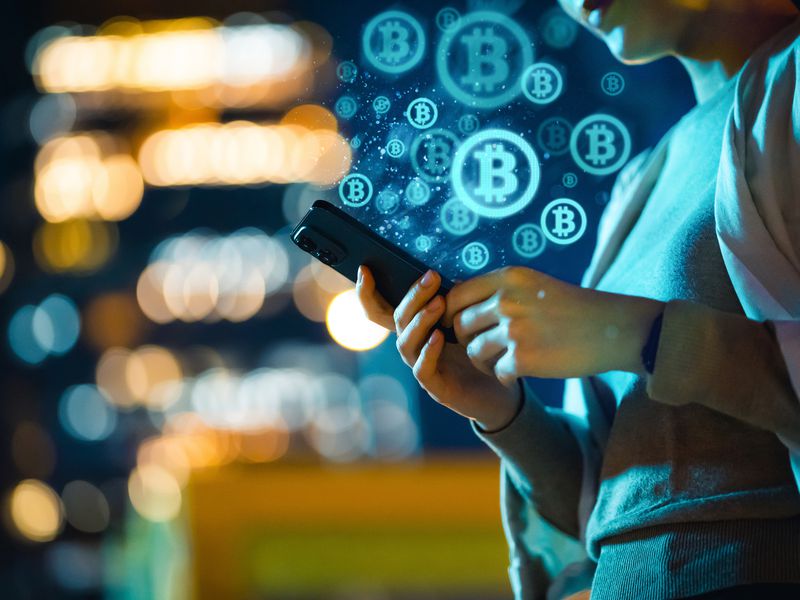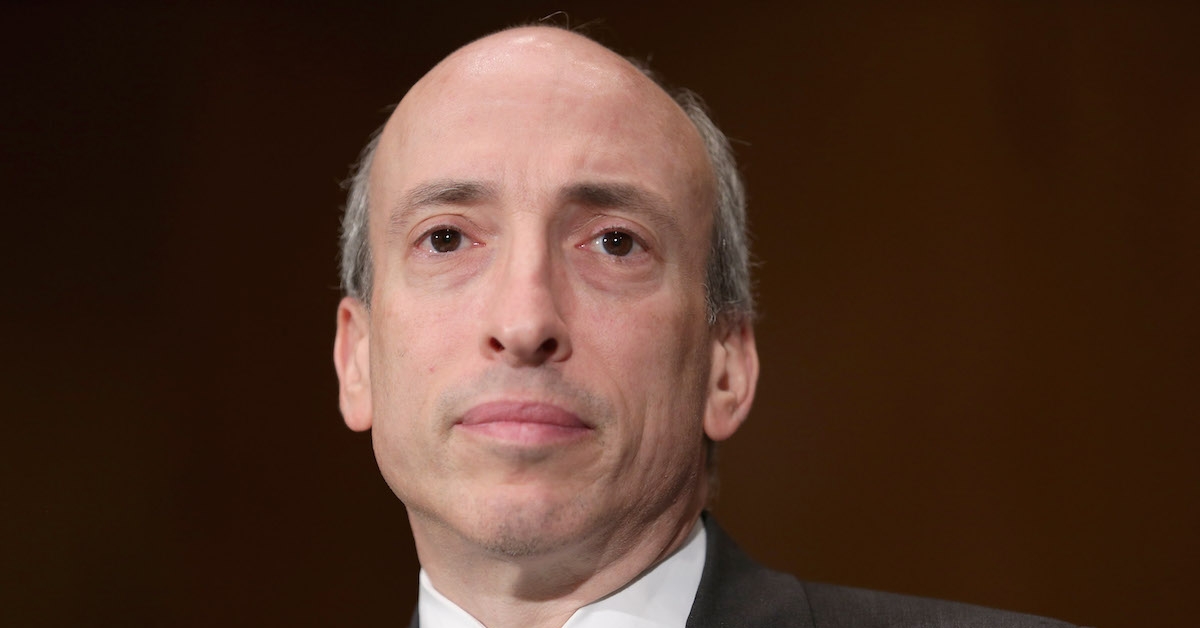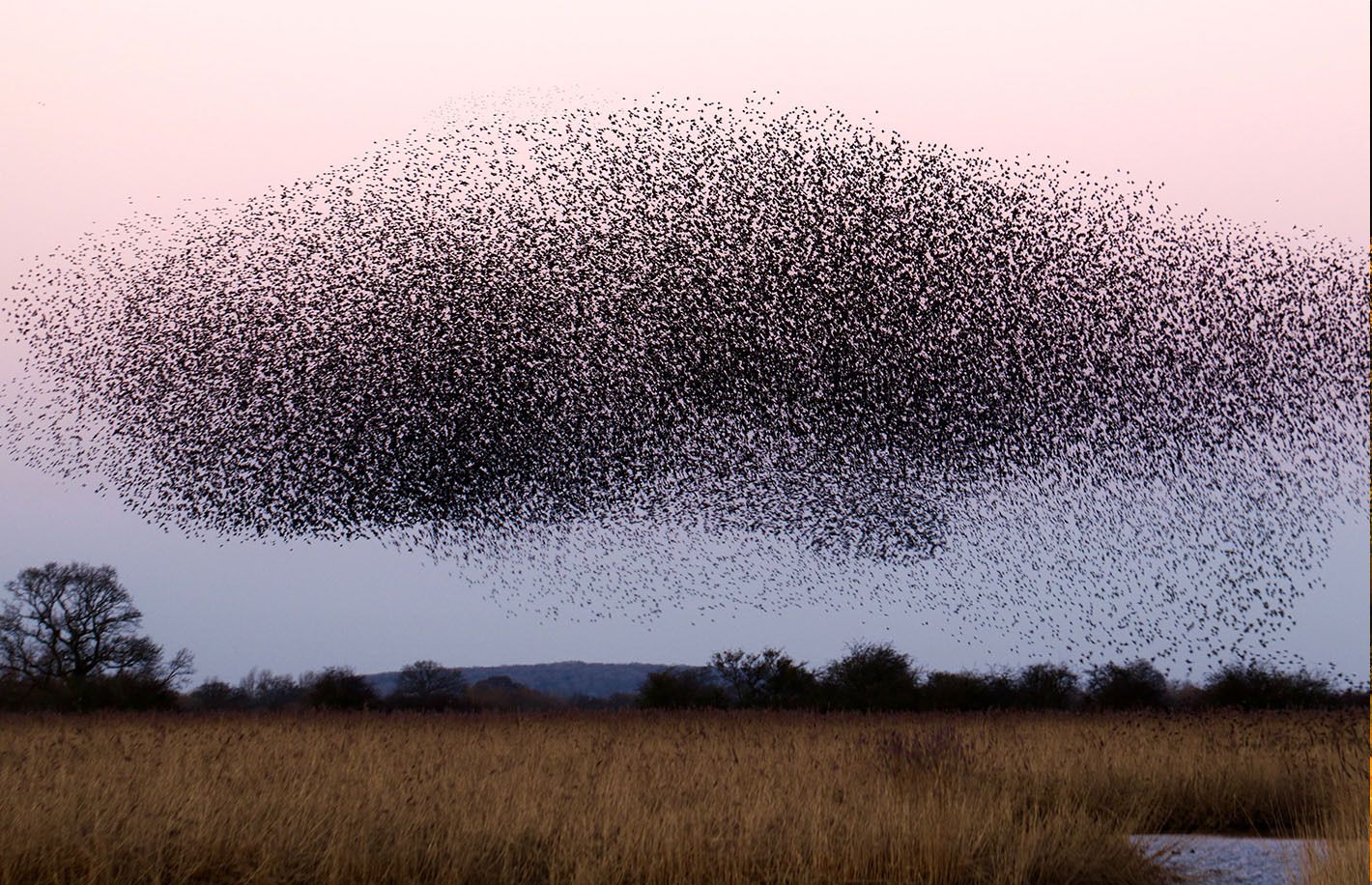What Happens to Football NFTs Now That Panini Lost its License?
-
NFL Players Association terminated its deal with Italian collectibles company Panini three years early in favor of rival Fanatics.
-
Panini might chose to keep its NFT markets open, though there probably won’t be a mint happening anytime soon.
An escalating legal war between two top sports card companies is prompting questions about how digital collectibles like NFTs fit into the mix.
This week the NFL Players Association terminated its deal with Italian collectibles company Panini S.p.A three years early in favor of rival Fanatics.
“Effective immediately, Fanatics has the exclusive right to make NFLPA-branded trading cards,” the statement reads. It’s almost certainly focused on the multi-million dollar market for cardboard sports cards. What’s less clear is how this sudden reneging could impact Panini’s pro-football-themed NFTs.
The NFL Players Association did not immediately respond to an email from CoinDesk.
Fanatics has made its mark in the trading card business via licensing deals with the MLB, NBA, and NFLPA, and purchasing Topps – another trading card company – for $500 million, leading to an ongoing legal conflict with Panini.
But what does this mean for the minted NFL NFTs?
Not a lot, explains Ross Feingold, special counsel at Taipei-based Titan Attorneys-at-Law.
The first sale doctrine, explains Feingold, outlines that the owner of a legal copy of a copyrighted work has a right to display, lend, sell, or even dispose of that copy without the permission of the copyright owner.
“I could draw a mustache on Shohei Ohtani on [a baseball card], and then put it on eBay and sell it,” Feingold said. “Fanatics can’t come after me for infringement.”
So don’t expect the Panini-minted NFTs to vanish anytime soon. The company didn’t immediately return a request for comment from CoinDesk.
The trading card industrial complex spent a lot of time in court in the 1990s as licenses and limits of the first sale doctrine were tested. Feingold points to a few pivotal cases from that time as creating the legal framework that will guide arguments in court, should a dispute over NFL NFTs ever make it before a judge.
Over the years, and up into the early 2010s, there have been a number of court cases that have investigated the intersection between the right of publicity – the ability for an individual to have the exclusive rights to monetize their likeness – intellectual property ownership of team logos, and the right of first sale.
Feingold points out that trading card companies used to simply ignore intellectual property conventions and licenses, leading to a wild west of trading cards that might have had the blessing of the players’ association, but not the league, vice versa, or none of the above.
A Continually Evolving Legal Issue
As Attorney Paul Lesko argued in his Law of Cards column from 2013, this is anything but a cut-and-dry field.
There have been several notable lawsuits, such as Kareem-Abdul Jabbar v. Upper Deck and Buzz Aldrin v. Topps, Lesko writes, which have taken place but have not provided clear guidance on when manufacturers must pay for the inclusion of athletes or celebrities in their products.
Lesko points to a 2013 decision from the Ninth Circuit, involving Electronic Arts related to its NCAA Football series of video games, which has furthered the debate, and, arguably, it might ultimately support unlicensed use in the trading card industry.
The court’s reasoning, Lesko writes, emphasizes the importance of reporting factual data and historical events and differentiates this from other commercial uses, like video games, where the likeness of individuals is employed without explicit permission.
If there’s one takeaway, it’s that the right of publicity in the trading card industry is a complex and highly litigated matter, and the uniqueness of different right of publicity laws in all 50 states creates a minefield.
NFTs Might Make Things Specifically Complicated
Generally speaking, the first sale doctrine would prevent these now-unlicensed NFTs from vanishing into the ether.
But what if the first sale doctrine regarding NFTs itself was something that’s not yet iron-clad?
A February 2023 paper from legal scholar Joshua Durham, published in the Wake Forest University Journal of Business & Intellectual Property Law, argues that the NFT landscape is evolving faster than the law.
“There is no “digital first sale” doctrine. So NFT creators could legally claw back secondary sales, under current law, leaving you with nothing,” he wrote on X.
In the digital world, a first-sale doctrine requires that the same file can’t exist twice. In crypto parlance, the file can’t be double spent – which blockchain prevents.
But the law hasn’t caught up with the times.
The U.S. Copyright Office has rejected the idea of a “digital first sale” due to the impossibility of confirming the deletion of the original file.
“Policymakers have concluded that since digital transmissions required reproducing a copy of a file (the work), digital transmissions infringed on the exclusive right of reproduction,” Durham writes. “A digital distribution of a reproduced copy was thus unlawfully made, and beyond the scope of the first sale doctrine.”
In theory, NFTs would offer a true digital first-sale, but “any unscrupulous NFT creator may invalidate all secondary sales of their NFTs through the outdated reading of [the law],” Durham writes.
Will Anything Actually Happen?
Given how the sports card market has typically played fast-and-loose with traditional understandings of copyright law and monetization, which has in turn opened up a legal gray area, Feingold doesn’t think much will happen.
Panini might even keep its markets open, though you probably won’t see a mint happening anytime soon.
“If Fanatics claims damages because of these NFTs, what are the damages? What did they take from you?” he said. “There’s always been an aftermarket for sports cards, like buying Mickey Mantle rookie cards. That’s the whole point of any collectible.”
Hypothetical damages would be dependent on the success of the business, which on-chain data suggests is far behind its paper counterpart.
‘Signed’ NFTs of Dallas Cowboys’ Tony Romo are going for a floor price of $6 on Panini’s NFT marketplace while their paper-based equivalents have an opening ask of $600 on eBay.
In January, CoinDesk reported that Fanatics is selling its 60% stake in sports-focused NFT company Candy Digital. Is it that they want to hit a kill switch entirely on the vertical and vanish these NFTs entirely?
Or, they could continue business as usual – license be damned – Feingold muses, and later pay out a settlement.
Edited by Stephen Alpher.



